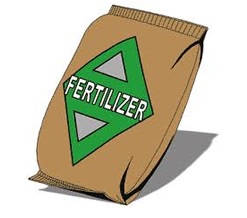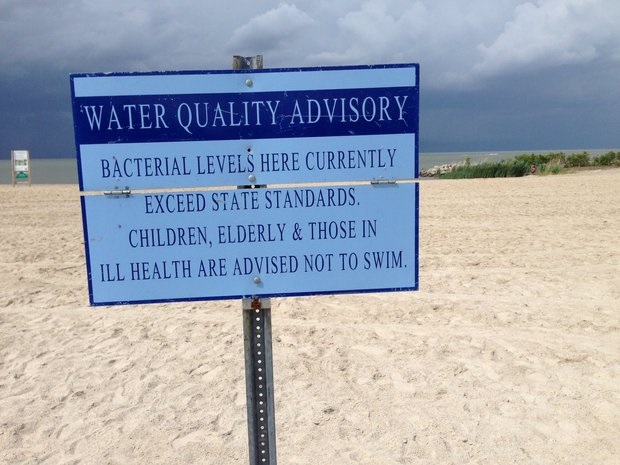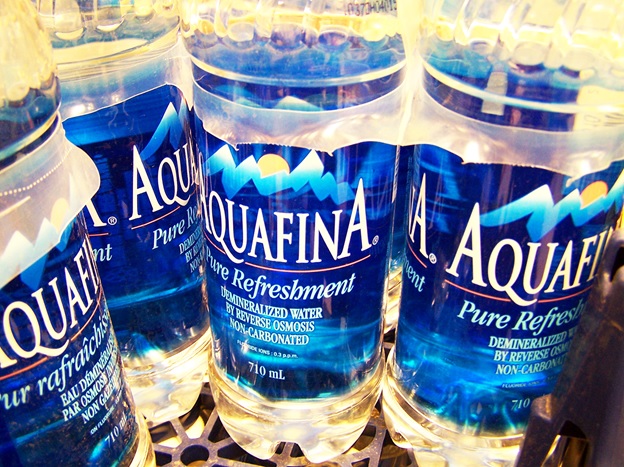Ghana Government To Subsidize Granular Fertilizer
Because of the role organic fertilizers play in overall soil health, the Ghana government is beginning to subsidize farmers for using them. The added subsidy is set to take effect April 1st 2016. The government is encouraging the production of organic fertilizers through the recycle of domestic waste in an effort to reduce environmental hazards posed by the raw waste.
Study Finds Changes to Farming Practices are Required to Save Lake Erie
A study led by the University of Michigan has found that agricultural runoff is the main cause of the toxic algae blooms that form on the lake. Phosphorous from fertilizer application is often washed into Lake Erie by rainfall. It is this phosphorus that feeds the algae blooms. Researchers have identified 2 ways of combating the problem: 1) Convert farmland around the western basin to grass fields OR 2) require stringent best practices/nutrient management programs. FEECO has a proposed solution that converts the manure (often directly land applied) to a premium granular fertilizer product. Application of a granular fertilizer over land applied manure allows greater control over the phosphorous levels applied and makes it easier to follow nutrient management programs.
New Capital Region Sewage Plant in Victoria Canada Seeks Waste Solutions
The waste management committee in Victoria is weighing a host of options to reduce the carbon footprint of their sewage waste disposal and processing. One option that is gaining further traction is using gasification to reduce the remaining biosolids and create energy. The committee is selling the process as a way to offset costs with the ability to sell back power generated to the city. Opposition to the proposal argues that the process of gasification would actually require more energy to run than it nets.
Scientists Find Way of Making Renewable Plastic From Agricultural Waste
Most plastics today are created through a process that is relatively carbon intensive. Researchers at Stanford have found a way to create a renewable plastic using agricultural wastes like grasses and inedible plants. The researchers claim that the process dramatically reduces the carbon footprint of plastics.






